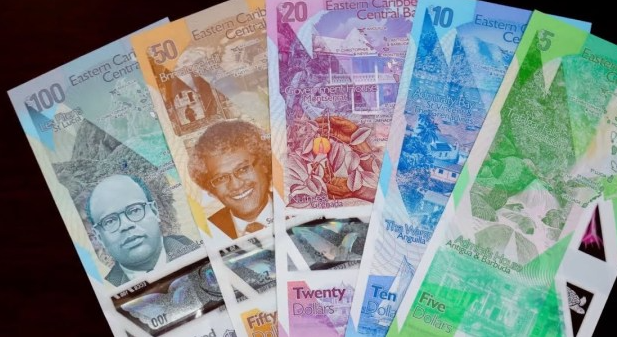Minimum wage moves by 80 cents, up to $9 an hour, Cabinet announces, while committing to increase for gov’t workers
The national minimum wage will be increased by 80 cents, taking the current rate of $8.20 per hour to $9 – to the grave disappointment of hundreds of low-income earners.
The National Minimum Wage Advisory Commission, which was reconvened earlier this year, reportedly put forward two proposals in its report to the Cabinet: an $8.90 hourly rate and one for $10 an hour.
Reports say the Committee met with the Executive during its sitting on Wednesday, November 17, upon the submission of its report.
Reportedly, the five-member Committee explained the theoretical underpinning and the economic methodologies they utilized to arrive at the two figures submitted.
However, following vigorous and lengthy debate among members of the Executive, a decision was taken to move the minimum wage to $9 per hour. This decision will now be taken to the Parliament, where it will be debated before becoming law.
In 1998, the minimum wage went up to $5.75 per hour from its previous $4.60, and in 2002 it was raised to $6 per hour.
However, in 2006 – four years after the last increase – the United Progressive Party (UPP) increased that wage to $6.75; and two years later, in 2008, to $7.50, before its last increase to $8.20 in 2015.
It was UPP Political Leader Harold Lovell who, earlier this year, impressed upon the Gaston Browne Administration that the time had come to increase the minimum wage to a “living wage,” given the ongoing hikes in the cost of living.
Meanwhile, in spite of complaining about its poor financial resources and being unable to pay salaries and Social Security pensions in a timely manner, the Administration says it is committed to giving government workers salary increases.
Negotiations are reportedly continuing among the unions that represent public servants, with the expectation that there will be an agreement on the size of the increase, the Cabinet Notes say.
According to the Executive, it is cognizant of the additional costs that such increases will have on Government’s revenue.
“Therefore, the increase will be tempered by the additional cost for services and goods which the Government must also now absorb …,” the Notes say.




